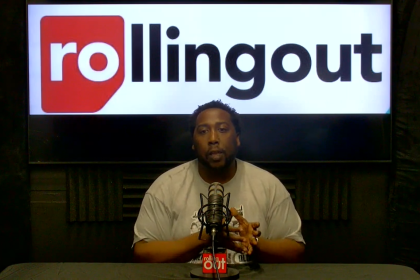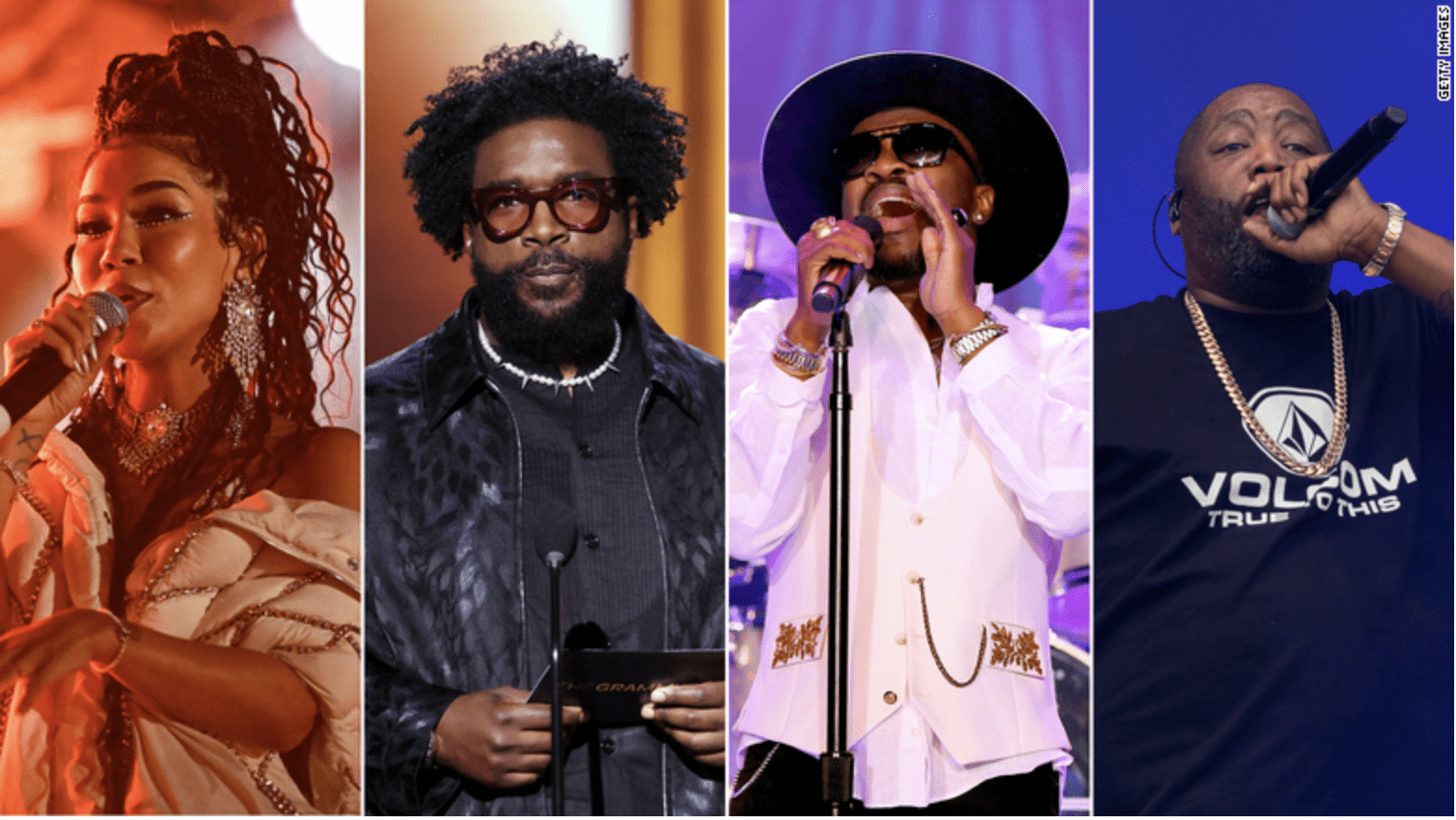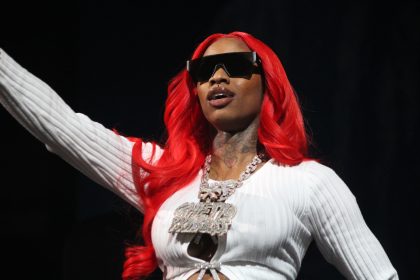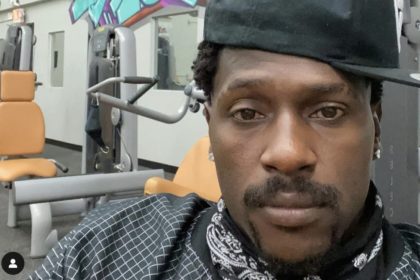This week, comments by NBA legend Charles Barkley thrust the “not black enough” controversy back into public African American conversation. Barkley’s comments that black people “will never be successful” because blacks who aren’t unintelligent “thugs” or “ghetto” are unfairly criticized by the black community were part of his reaction to reports that Seattle Seahawks QB Russell Wilson was being ostracized by black teammates for not being “black enough.” To Charles Barkley, black people are what’s holding black people back.
CNN host Don Lemon added his perspective to the dialogue, supporting Barkley’s position and saying that his experiences are also indicative of some perceived backlash against black affluence and education. Lemon took things a step further, when he voiced frustration with the way African Americans seem to perceive him. After complaining that he has to preface any criticism of the black community with an acknowledgement of racism, Lemon said, “If I don’t carry a certain narrative, I’m then an Uncle Tom and sellout.”
Lemon also defended Barkley again later.
“Clearly misplaced criticism of black people by other black people is not the main cause for some African Americans not achieving success,” Lemon said Monday. “But in all honesty, I’ve heard a lot of black people have the ‘crabs in a barrel’ conversation in private and behind closed doors. Charles Barkley just took it public.
“Is that what makes his critics so uncomfortable, or is the discomfort because there may be some truth in his statements?”
Lemon wants to believe that the criticism is rooted in discomfort over an exposed truism. But the problem isn’t that Barkley said what he said in the national spotlight, the problem is that this misguided mindset is accepted as a truism at all. To be certain, the “not black enough” criticism does happen, but both Lemon and Barkley conveniently ignore the other side of that coin: the dismissal of black people of a certain social background as “ghetto” and “ignorant.”
Lemon himself stated in July 2013, while the African American community was still stinging from the Trayvon Martin case and acquittal of George Zimmerman, that black youth should “pull their pants up” to avoid marginalization.
“[Bill O’Reilly] doesn’t go far enough,” Lemon said at the time, in agreement with O’Reilly’s then-recent commentary. “Because black people, if you really want to fix the problem, here’s just five things that you should think about doing. Here’s number five … pull up your pants. If you’re sagging, I mean — I think it’s your self-esteem that is sagging and who you are as a person it’s sagging. Young people need to be taught respect and there are rules.”
Isn’t that also “misplaced criticism of black people by other black people,” Mr. Lemon?
Even Barkley alluded to “thugs” and “idiots” in his statement. To many “successful” and “intelligent” black people, young black people who don’t fit their particular standard — i.e., who sag their pants or speak with slang — represent those “thugs” and “idiots,” something “good black folks” should never want to be.
To be clear, there is a very obvious difference between aesthetics and behavior that is actually criminal; but neither Lemon nor Barkley seemed to make a sharp enough distinction between the two. If it’s wrong for working class black people to stigmatize the success of upper middle class blacks; it is just as wrong for those “successful” black people to add to the marginalization of blacks of a certain economic and social background. Sagging pants is just a clothing fad, and hairstyles and slang shouldn’t be viewed as detrimental to a people or validation for racist stereotypes.
In 2014 alone, we’ve born witness to an endless string of cases involving police officers gunning down young black people, most of whom lived in communities full of marginalized, working class black people. Barkley, in shifting the focus away from the racism that keeps those black people targeted for violence and exploitation, fed into the narrative that black merit is the key to black upward mobility; as opposed to the dismantling of white supremacy.
Black peoples’ supposed lack of “unity” is often overstated and an attempt to, again, shift the focus away from the racist institutions that have marginalized a people. White people are not anymore “unified” than black people, nor are Latinos or Asians. Terms like “coconut” are routinely tossed around amongst many Latino communities–a derogatory term directed at those Latinos who “act white” i.e. brown on the outside, white on the inside. There are class divides within every community. The biggest mistake is believing this is exclusive to black people; the second-biggest mistake is believing the door of criticism only swings one way.
Don Lemon, who’s commentary is the source of the criticism against him — not some collective knee-jerk reaction to his success — should’ve been a bit more thoughtful before co-signing the kind of ignorance Barkley’s words endorsed. Lemon’s own preoccupation with respectability politics routinely prevents him from offering any real insight on complex issues. If “pull your pants up” is treated as a serious solution to the state-sanctioned murder of black youth, then the black elite, (these “New Blacks,” as hitmaker Pharrell Williams non-ironically dubbed them), clearly have become too disconnected from the reality of being black in America.
And if anything is “holding us back,” it’s that disconnect.

















